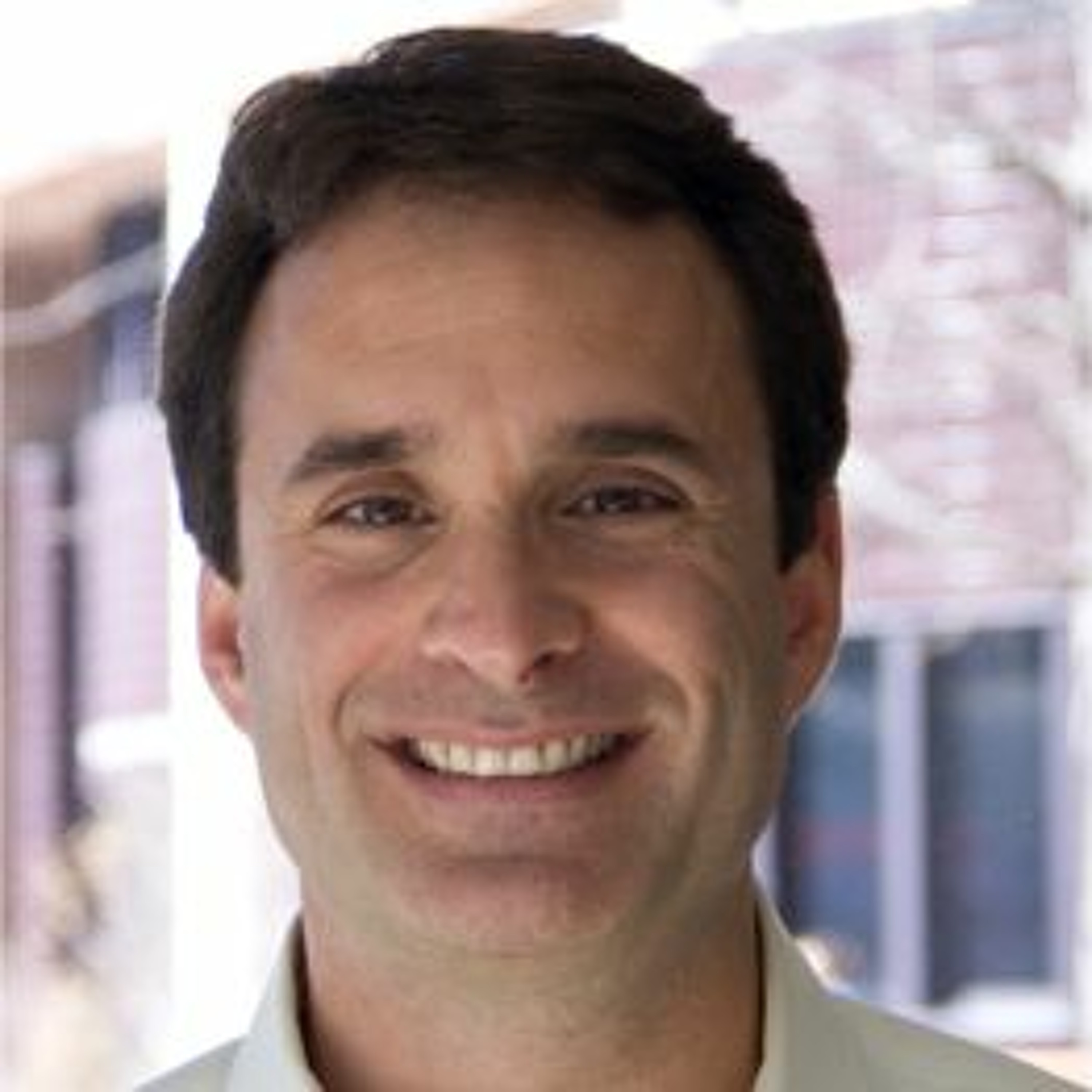Cancer has classically been thought of as a genetic disease, but...

If every cell in your body has the same DNA, the same 20,000 genes, then why are the cells different? Why are muscle cells different than neurons? The answer is epigenetics\u2014changes in gene activity governed by influences outside the genes themselves. \n\nBradley Bernstein, MD, PhD, is one of the world\u2019s leading experts on epigenetics and cancer. In this episode he covered a lot of ground, but he used clear examples to help us understand what epigenetics is and why it\u2019s critical to attacking cancer.\n\n3:50 \u2013 There\u2019s a copy of your genome in every cell. How do you fit a 6-foot long string of DNA inside a nucleus that\u2019s about 6 microns? Epigenetics! \n\n8:30 \u2013 \u201cCancer has classically been thought of as a genetic disease, but\u2026\u201d\n\n16:20 \u2013 On a new technology his team developed that enables them to see which genes are on and which genes are off in individual leukemia cells\n\n19:45 \u2013 On how this tool could be used in therapies.\n\n23:45 \u2013 On his lab\u2019s progress over the past 15 years, as they\u2019ve moved from studying the genome in yeast to breaking new ground in brain and gastrointestinal tumors\n\n29:20 \u2013 On the impact of ACS funding on his lab\n\n30:55 \u2013 What would he say to patients and caregivers dealing with cancer?\n\nDr. Bernstein is an institute member at the Broad Institute and a professor in the Department of Pathology at Massachusetts General Hospital and Harvard Medical School. He co-directs the Broad\u2019s Epigenomics Program. He\u2019s the Bernard and Mildred Kayden Endowed MGH Research Institute Chair. And he\u2019s an American Cancer Society Research Professor.